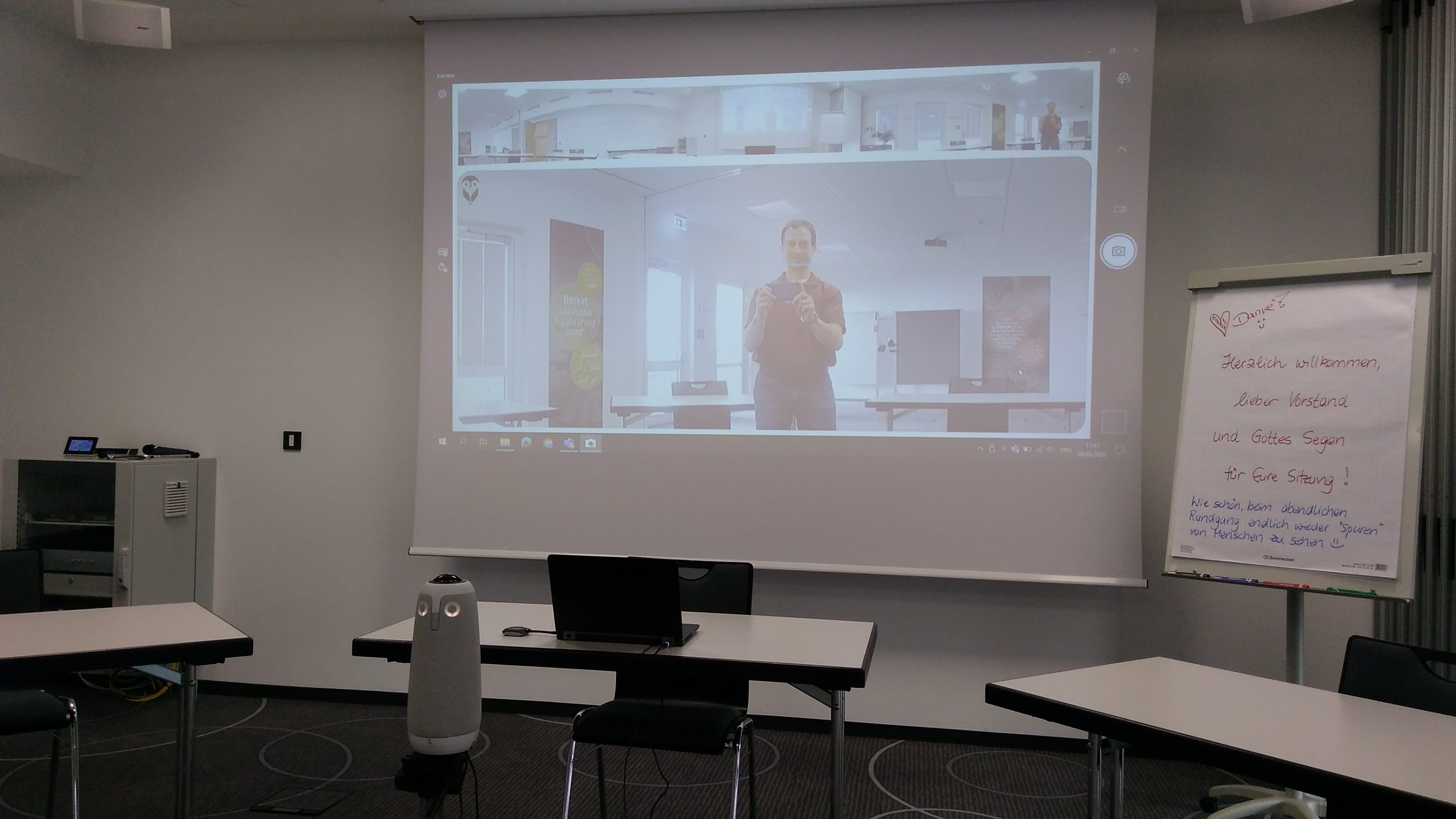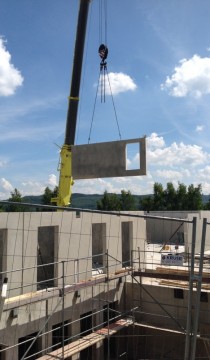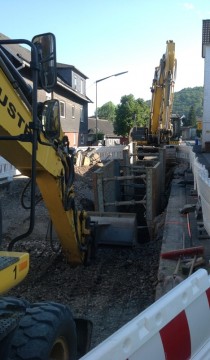“Animis opibusque parati” So reads the inscription around the shield on one side of the Great Seal of the State of South Carolina. This phrase came to my mind lately as I thought about my responsibilities and activities during the changes that have come to the way we live and work.
The phrase is familiar to me because much of the state’s seal appears on the class rings of graduates of The Citadel, the Military College of South Carolina, which I attended. I can call up the information quickly because I possess one of these rings and was required as a so-called “knob” to memorize the features and symbolism of The Ring to their finest details. But that’s not important right now.
Even as proposals were made to restrict the movement and interaction of people in the hopes of curtailing the spread of the nasty little bug, I began running through a mental checklist to gauge our preparedness for the increase in remote work and communication. If you look back at some of what I have written, you will see that a several topics have to do with resources necessary for working in this fashion:
- VPN services: a Virtual Private Network (VPN) connection creates a secure tunnel through the internet from where you are to the network where you want to be. In Fall 2018, I moved Wycliffe Germany to a new VPN system that is stable and easy to use. When more of our staff began working from home, all we needed to do was purchase additional licenses.
- Cloud services: instead of resources being concentrated on one or a few servers inside the business network, they are distributed securely on multiple servers on the internet. Early last year, I changed the email for @wycliff.de and @karimu.de from a local server to Microsoft Office 365. Accessing email from anywhere is not a problem for my colleagues.
- Meetings: we can’t gather in large groups, and even small numbers of people need to be cautious. Part of the Microsoft 365 system includes the chat and collaboration capabilities offered by Microsoft Teams. You can think of Teams as Skype on steroids. More of our folks are using Teams than before the restrictions; even Microsoft has commented officially on increased worldwide usage.
- Communications: not long after we arrived for our second term in Germany, I upgraded the phone system. Once of the features of this system is the ability to use one’s business extension from an app installed on a smartphone or computer. No one needs to use their private landline or mobile number when working outside of the office.

With the reduced number of people physically present in the office, and with the Karimu conference center closed for the time being, I have been able to make changes and upgrades sooner than I had anticipated. Remember the failures I wrote about in March to integrate our phone lines into a new router? Well, the slowdown in work on the center allowed me the freedom to concentrate on the problem and make a breakthrough. Just in time for increased usage, our phone system is operating exactly as it should be!
With all these resources in place, I was able to put together instructions for using each of them and send people off with their own laptops or borrowed ones. I continue to go to the office each day to monitor the systems and to be ready to help folks no matter where they are. Our next big challenge will be conducting the annual member meeting next month, but I think we’ll be ready.

So as I look at how the present situation has affected my work, I am thankful to the God we serve that he has prepared me for this time and has given me success in areas that make a difference to my colleagues and, in turn, to those still waiting to have God’s Word in their language. Not one of us is thankful for the virus, but the faithful can be thankful to the God who changes us and who prepares us to bear difficult events and circumstances in this life. We have an advantage, you know, because we know how the story ends.
“I have told you all this so that you may have peace in me. Here on earth you will have many trials and sorrows. But take heart, because I have overcome the world.”
Jesus, to his disciples, as recorded in John 16:33, NLT
The other side of South Carolina’s seal bears another inscription: “Dum spiro spero”. It means, “While I breathe, I hope.” Below this phrase appears the word for hope itself, Spes. Such a saying is not a bad thing to keep in mind during the present trial.
In other aspects of life, Katherine, the boys, and I are experiencing and enduring much of the same things you are. The effects are perhaps less, since we live in a fairly rural area and there is a lower infection rate. What has not lessened, but rather increased, is our thankfulness for the faithfulness of the people who continue to pray for us and give to our ministry with Wycliffe. Nothing has stopped the spread of the Good News in the past, and this virus will not do so now. Thank you for helping Wycliffe keep spreading the good news of hope in Jesus!


 as simple as Zuriel’s.
as simple as Zuriel’s. The answer has to do with the timing of fiscal years and, uh, my complete inexperience with phone systems, whether modern or ancient. Progress in configuring our new-fangled contraption went slowly as I learned and experimented. Eventually, I was ready for us to order the new phones that would go with the thing. Thankfully, it’s a small office, and I was able to put the system and the phones into service this spring.
The answer has to do with the timing of fiscal years and, uh, my complete inexperience with phone systems, whether modern or ancient. Progress in configuring our new-fangled contraption went slowly as I learned and experimented. Eventually, I was ready for us to order the new phones that would go with the thing. Thankfully, it’s a small office, and I was able to put the system and the phones into service this spring.